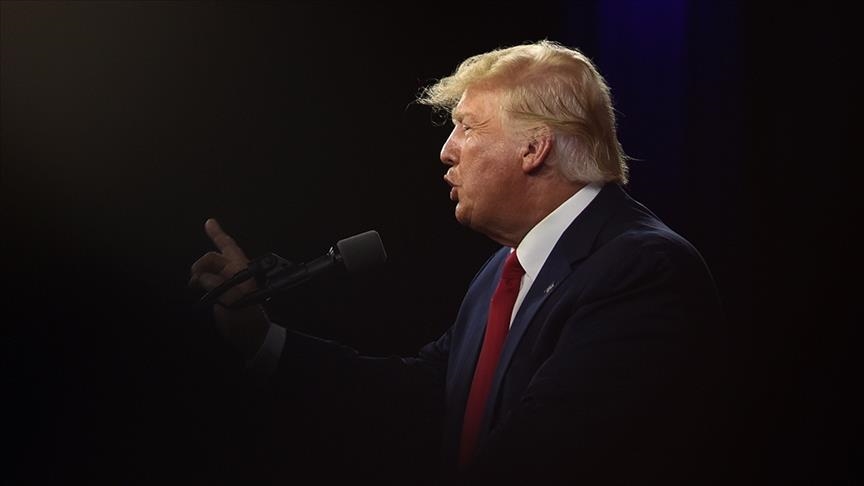President-elect Donald Trump has announced plans to impose a sweeping 25% tariff on all goods imported from Mexico and Canada beginning January 20, 2025. This dramatic policy would disrupt trade flows governed by the US-Mexico-Canada Agreement (USMCA)—a trade pact Trump himself championed during his first term.
The tariffs would impact goods currently imported duty-free under USMCA and have the potential to trigger significant price increases across a range of essential consumer goods, from gasoline to produce and automobiles.
Top Consumer Goods Affected
- Gasoline:
- Canada is the largest exporter of crude oil to the U.S., supplying a record 4.3 million barrels per day in 2024.
- A 25% tariff on Canadian oil could increase U.S. gas prices by 25 to 75 cents per gallon, particularly in regions like the Midwest, Rockies, and Great Lakes.
- Domestic oil production cannot ramp up quickly enough to offset the shortfall, leaving American consumers exposed to higher costs at the pump.
- Produce:
- Mexico accounts for $44.1 billion in agricultural exports to the U.S., including staples like avocados, tomatoes, and berries.
- 90% of avocados consumed in the U.S. come from Mexico; a tariff could make guacamole and avocado toast luxury items.
- The U.S. has grown increasingly reliant on Mexican produce as climate change affects domestic farming conditions.
- Automobiles:
- The U.S. imported $44.76 billion worth of vehicles from Mexico in 2023, making cars the top import from its southern neighbor.
- U.S. automakers rely heavily on Mexican-manufactured parts to build vehicles affordably. A 25% tariff could significantly drive up production costs, forcing manufacturers to either raise vehicle prices or absorb substantial losses.
- Shares of General Motors and other automakers dropped sharply after the announcement, signaling market fears about the industry’s future.
- Alcohol:
- Mexico supplies over 80% of imported beer consumed in the U.S. and dominates the tequila and mezcal markets. Canada contributes significantly to the spirits trade as well.
- Tariffs could lead to price hikes on popular products like Corona, Modelo, and Patron, alongside Canadian whiskey and liqueurs.
- Industry experts warn of job losses in the hospitality sector, which is still recovering from the pandemic.
Economic Implications
- Rising Costs for Consumers:
- The U.S. has become increasingly reliant on imports from Mexico and Canada, which are now the top and third-largest trading partners, respectively.
- Higher import costs due to tariffs would likely be passed along to consumers, increasing the price of essential goods.
- Supply Chain Disruptions:
- Tariffs on Mexican car parts could disrupt the automotive supply chain, affecting production schedules and raising prices for new vehicles.
- The hospitality industry could suffer from reduced alcohol imports, leading to higher costs for bars, restaurants, and consumers.
- Potential Trade Wars:
- Retaliatory tariffs from Mexico and Canada could further escalate tensions and disrupt trade, as seen during Trump’s first term with China.
- Canadian and Mexican officials have already voiced strong opposition, warning of the risks to binational businesses and shared economic interests.
- Inflationary Pressure:
- The tariffs could contribute to broader inflationary trends, particularly in sectors like energy, food, and transportation, where prices are already sensitive to external shocks.
Industry and Political Responses
- Oil and Energy Experts: Warn that U.S. refineries are dependent on Canadian crude, and the tariffs could create supply bottlenecks and price volatility.
- Agricultural Sector: Farmers and food distributors have expressed concern over price increases on imported produce, potentially driving up costs for consumers and reducing demand for Mexican-grown goods.
- Automotive Industry: U.S. automakers are bracing for higher costs, with some considering restructuring supply chains to mitigate tariff impacts.
- Hospitality Leaders: The Distilled Spirits Council has cautioned that tariffs could lead to job losses across bars, restaurants, and liquor stores, as higher prices reduce consumer spending.
What Happens Next?
The implementation of these tariffs hinges on several factors:
- Legal Challenges:
- Imposing tariffs on goods covered by USMCA may violate the agreement’s provisions, potentially leading to disputes in international trade courts.
- Retaliatory Measures:
- Mexico and Canada have indicated they would respond with countermeasures, further straining bilateral relations.
- Congressional Oversight:
- While Trump has broad authority to impose tariffs, Congressional pushback could slow or moderate the process.
Trump’s proposed tariffs could have far-reaching consequences for U.S. consumers, businesses, and international relations. While the policy aims to reduce trade deficits and promote domestic manufacturing, it risks creating significant economic disruptions and raising prices on everyday essentials. For now, Americans are bracing for impact as the January 20 deadline approaches.










